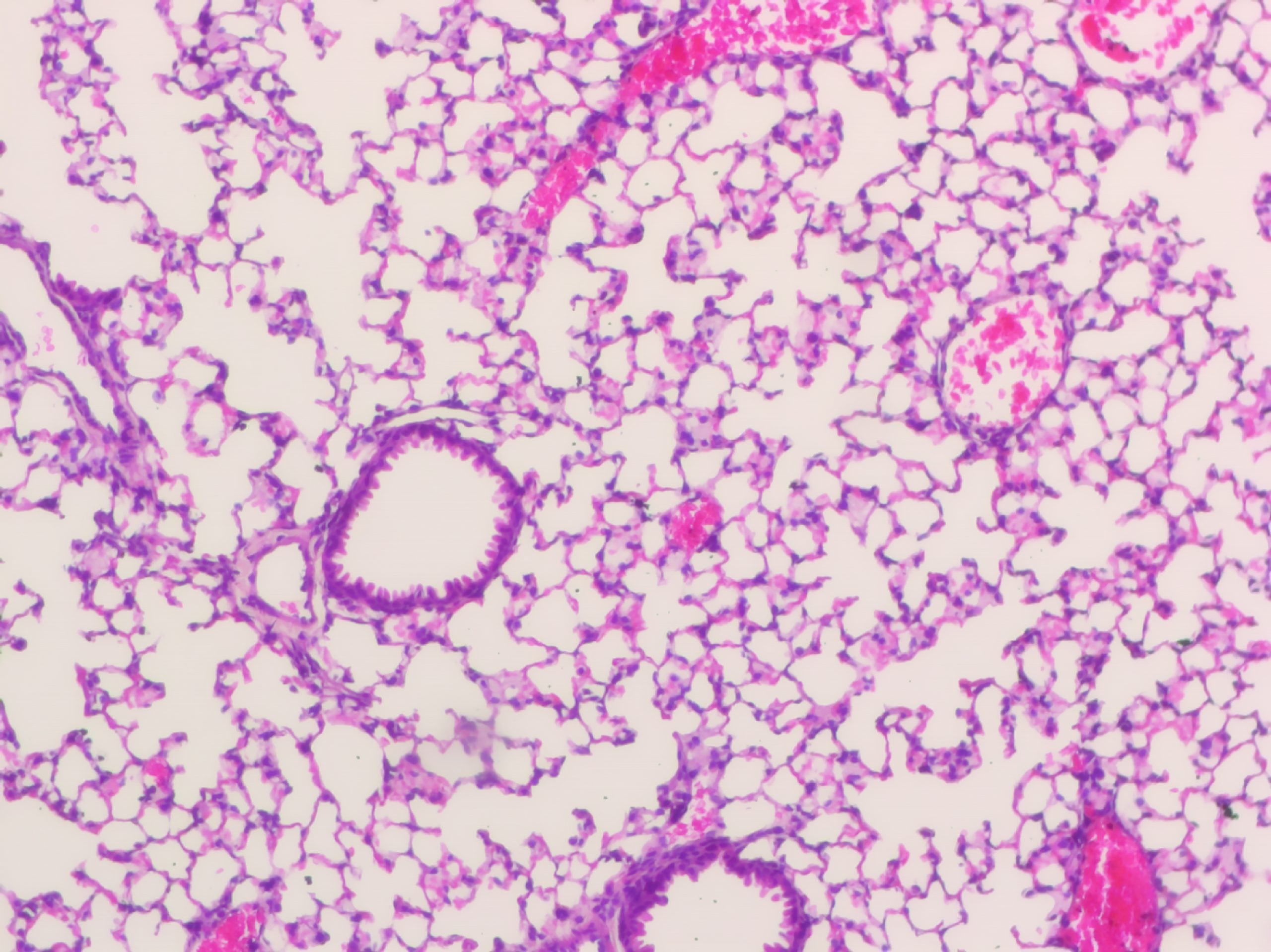Posted 29 April 2024

Dr Davis McCarthy and collaborators have published a pioneering study on the genetic factors that influence the development and progression of Idiopathic Pulmonary Fibrosis (IPF), an incurable respiratory disease diagnosed in over 1,250 Australians each year.
IPF causes scarring in the lungs and is a serious progressive disease that has no known cause. The survival rate for people with IPF can be as low as for some of the most devastating cancers.
The most severe cases of IPF lead to death or the need for a lung transplant within three to five years of diagnosis. The few FDA-approved medications available only moderately improve a patient’s survival time.
For people like Kathleen who have lost loved ones to this deadly disease, Davis’s work gives hope.
“To see my Mum go from a fit and healthy swimmer to dying within 2 and a half years of diagnosis was devastating. Our family is grateful to researchers like Dr McCarthy and his team who are working towards finding out what causes IPF,” Kathleen said.
The recent research findings, published in Nature Genetics, identified different factors found either only in healthy lung tissue or only in diseased lung tissue, and that these were highly cell type specific. This suggests that these factors may be important contributors to disease.
“Our study is the is the first to examine exactly what is happening in individual cell types in the lung of people affected by the condition,” said Davis, who co-led the research with his collaborator Dr Nicholas Banovich from the Translational Genomics Research Institute and colleagues at Vanderbilt University Medical Center in the U.S.
“In recent years, it has become clear that genetic factors contribute substantially to a person’s risk of developing IPF, but the exact influence of these genetic variations has not been well understood,” Davis said.
Read the article here.
Bioinformatics & Cellular Genomics